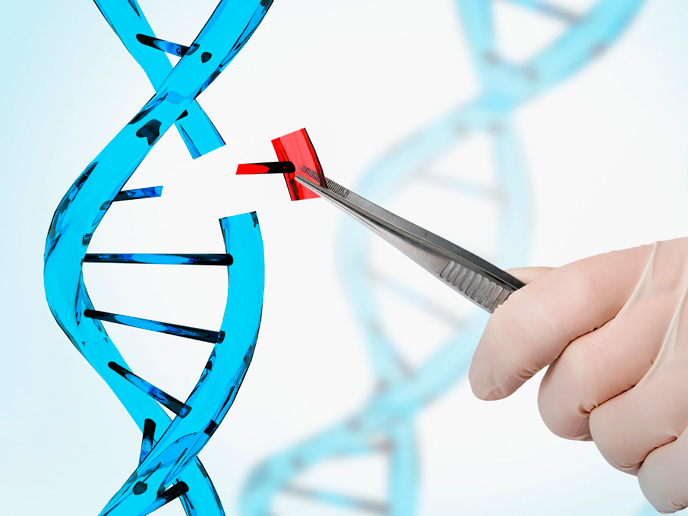Novel disease targets
The family of 14-3-3 proteins is an important class of conserved adapter molecules that regulate a multitude of enzymes and proteins. They recognise motifs that contain a phosphorylated serine or threonine residue and influence the activity of proteins implicated in various physiological processes such as intracellular signalling, cell cycle and programmed cell death. Accumulating evidence unveils a role for 14-3-3 proteins in the development of cancer and neurodegenerative diseases. The EU-funded 14-3-3STABS (Small molecule stabilizers of 14-3-3 Protein-Protein Interactions as novel drugs in cancer and neurodegenerative diseases) project worked to develop small molecule inhibitors that bind to the interaction surface of specific disease-related protein complexes. This leads to the stabilisation of the protein-protein interaction and modulates protein function more efficiently than classical inhibitors. The consortium developed a number of screening assays to identify small-molecule stabilisers of 14-3-3 protein-protein interactions. They screened a 180 000-compound library and identified promising hit molecules for each of the 14-3-3 protein complex targets. Project efforts concentrated on 14-3-3 proteins that interact with Tau and are implicated in neurodegenerative disorders. With respect to cancer, they investigated the interaction of 14-3-3 proteins with the oestrogen receptor alpha and the beta-catenin interacting protein CHIBBY. Following validation in orthogonal and cellular reporter gene assays, scientists proceeded with optimising their structure through medicinal chemistry. Overall, the therapeutic small-molecule stabilisers of 14-3-3 protein-protein interactions constitute a complementary target-specific approach to inhibitors that target the active site of single enzymes. Ongoing efforts towards promising lead candidates will lead to much improved solutions in high medical demand areas like cancer and neurodegeneration.







